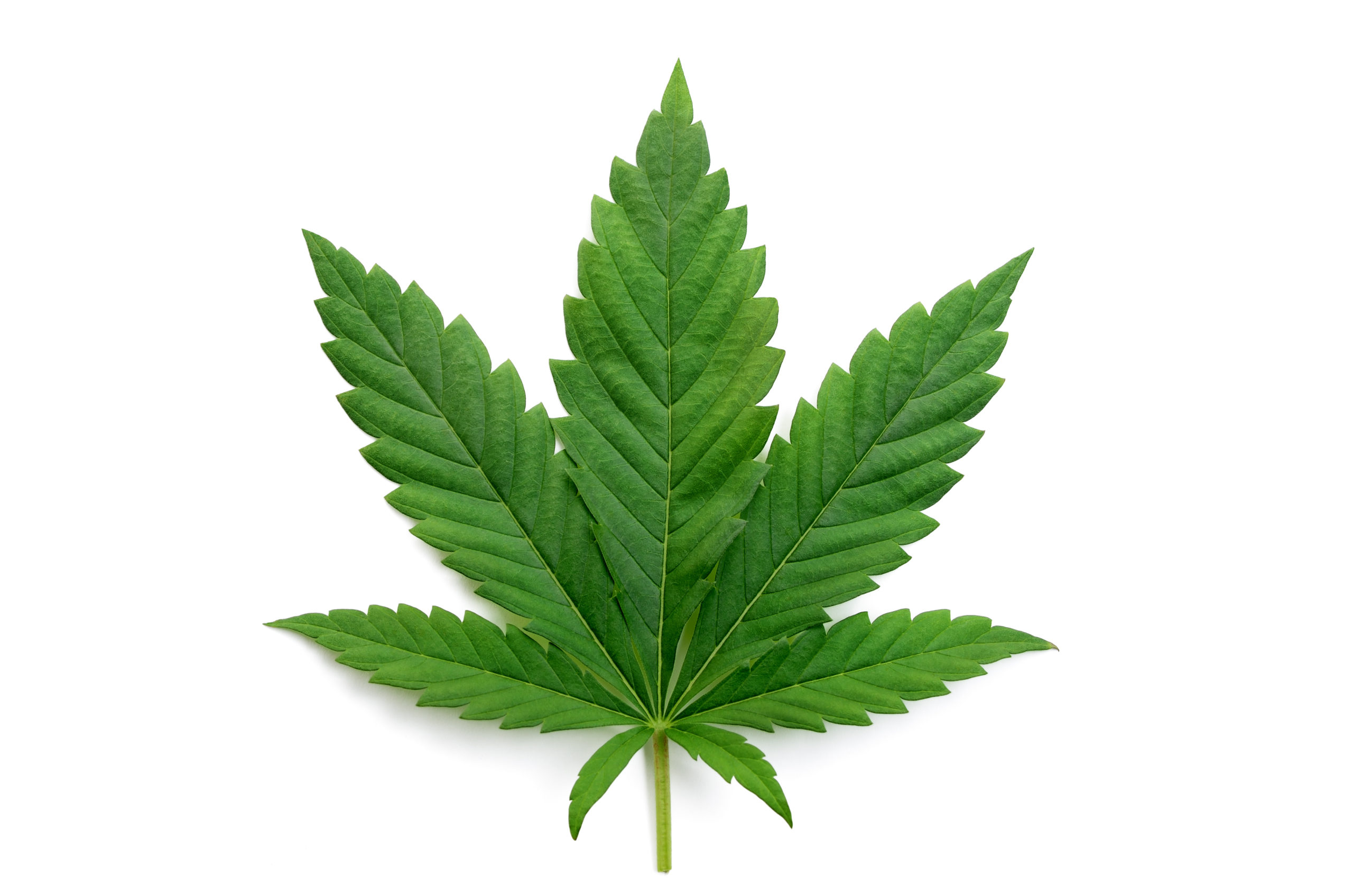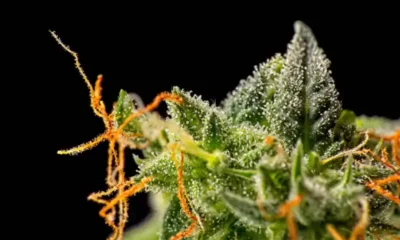Connect with us
Published
2 years agoon

There are a number of reasons prospective medical cannabis patients might seek their medical cards, including chronic pain; managing cancer, multiple sclerosis and Parkinson’s symptoms; migraines and far more. While the benefits of cannabis for many of these conditions have been explored in greater detail recently, one study questions the amount of relief, or the potential unforeseen side effects, of medical cannabis for the treatment of anxiety and depression.
The study, published in JAMA Network Open, suggests that patients suffering from anxiety and depression are more likely to overuse cannabis within a short period of time and are more susceptible to cannabis use disorder (CUD), often associated with cannabis dependence, and overall poor relief from those symptoms they were looking to manage through cannabis.
Medical cannabis has become a popular alternative for folks looking to access cannabis explicitly for medical purposes. Typically, a patient needs written approval of a licensed physician, typically a cannabis-specific doctor and not a primary caregiver, who can authorize a patient with a single examination and no follow-up. Qualifying conditions often vary by region, though many include anxiety and depression.
Lead author Jodi Gilman, and associate professor of psychiatry at Harvard Medical School, said that, while there are many claims about the benefits of medical cannabis to treat symptoms of anxiety and depression, there’s not a lot of sound scientific evidence to support these claims.
The study began in 2017 with 269 adult patients from the greater Boston area who were all pursuing their medical cannabis cards. The participants were divided into two groups: One group received their medical cannabis cards immediately, and the second group had to wait 12 weeks to receive their cards.
“In this first study of patients randomized to obtain medical marijuana cards, we learned there can be negative consequences to using cannabis for medical purposes,” Gilman said.
The results found that those participants in the first group were more likely to develop CUD withdrawal symptoms when they weren’t using cannabis and relying on cannabis to feel better. The findings showed that participant risk of CUD increased by 20% when using cannabis for anxiety or depression.
CUD symptoms often include the need for more cannabis to overcome drug tolerance and continued cannabis use, even if that use leads to physical or psychological problems.
The study also found that those who obtained their medical cards immediately didn’t report better mental health, though they did report better sleep habits and better health overall.
Even though cannabis is often seen as a treatment for anxiety and depression, authors noted that the plant drug didn’t provide those same positive results we might expect around this treatment.
“Our study underscores the need for better decision-making about whether to begin to use cannabis for specific medical complaints, particularly mood and anxiety disorders, which are associated with an increased risk of cannabis use disorder,” Gilman said.
While the floodgates have indeed opened to explore the potential of medical cannabis, the data on cannabis and mental health is still in its infancy. There is still plenty of anecdotal evidence that shows a positive correlation between the two, though studies have been inconsistent: some studies find that same positive correlation between cannabis and affective disorders, while others, like this study, note the opposite.
Gilman said, with this in mind, the regulation and distribution of cannabis to people with medical cannabis cards, regardless of the specific health condition, needs to be improved.
“There needs to be better guidance to patients around a system that currently allows them to choose their own products, decide their own dosing, and often receive no professional follow-up care,” Gilman said.


Despite City Efforts, Hemp Shops Posing as Dispensaries Prevail in Las Vegas


Cannabis Community, Investors React to DEA Decision To Reschedule


Georgia Governor Signs Bill Establishing Licensing Requirements To Grow Hemp


Study: Psilocybin Enhances Meditation


Ohio GOP Lawmakers Debate Adult-Use MJ Priorities, Eye June for Regulation Approval


Taylor Swift Puts Narcotics Into All of Her Songs on ‘The Tortured Poets Department’
